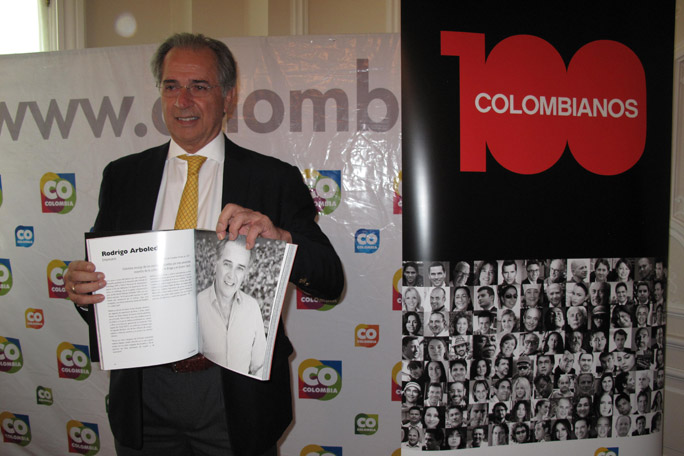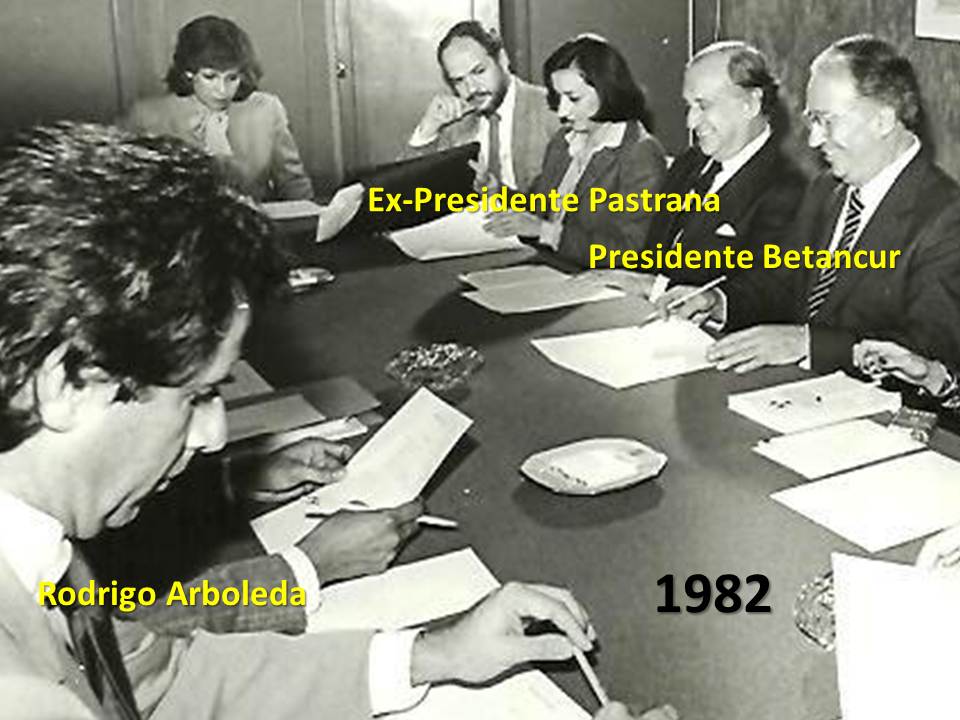Open source experts from Hamburg improve the devices’ software platform. Code will be available under free license to the worldwide community.
Lanedo, Hamburg-based Open Source firm, is proud to announce their contribution to OLPC’s newest device, named XO-4 touch. The 7.5“ convertible notebook, expected in 2013, focuses on multitouch technology as one of its main features.
Lanedo was involved from the very beginning to extend the OLPC sofware platform called Sugar, enhancing the user interface with touch functionality and therefore laying the foundation for future developments. The team not only improved the X.org graphical subsystem with numerous multitouch-related bug fixes, but also extended the respective functionality of the GTK+ toolkit, used for drawing windows, icons and other UI widgets.
Sugar has been a significant diferentiating factor in the worldwide user community for the XO laptop. We appreciate the support of Lanedo to continue the development and enrichment of the Sugar platform
, says Rodrigo Arboleda, CEO of OLPC.
One of the most exciting features is the new intuitive text selector, that allows on-screen selection using handles for exact positioning. Furthermore, several commonly known gestures like zoom, rotate and swipe have been added to the Sugar environment, available throughout the system. Lanedo has also contributed to XO-4’s word processor, based on AbiWord, which not only had the same text selector implemented in native code, but also saw improvements in scrolling and other multitouch functions. Likewise, many other bundled applications have been enhanced.
Martyn Russell, one of Lanedo’s founders and managing director, is excited about the work done:Â Lanedo is proud to have had the opportunity to engage in such a noble project as One Laptop Per Child. It has been a great experience and we are thrilled at the prospect of contributing to the Open Source based platform in the future
.
Following the principles of free sofware, developers can take advantage of those new features in their own projects, as all code writen will be made available freely to the benefit of the worldwide community – the GTK+ enhancements have already been incorporated in the 3.6 releases.





